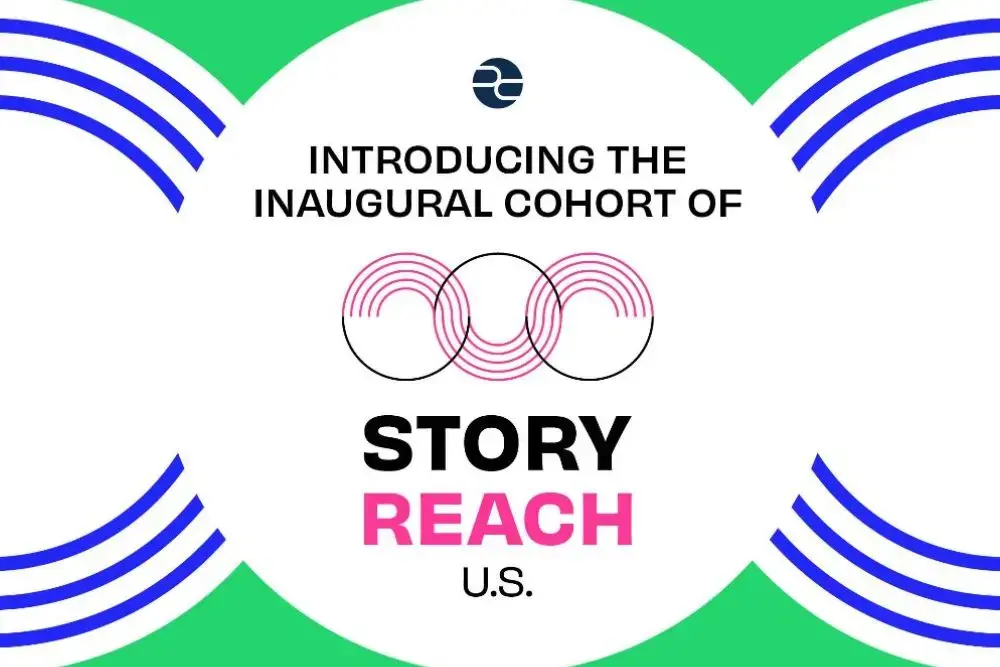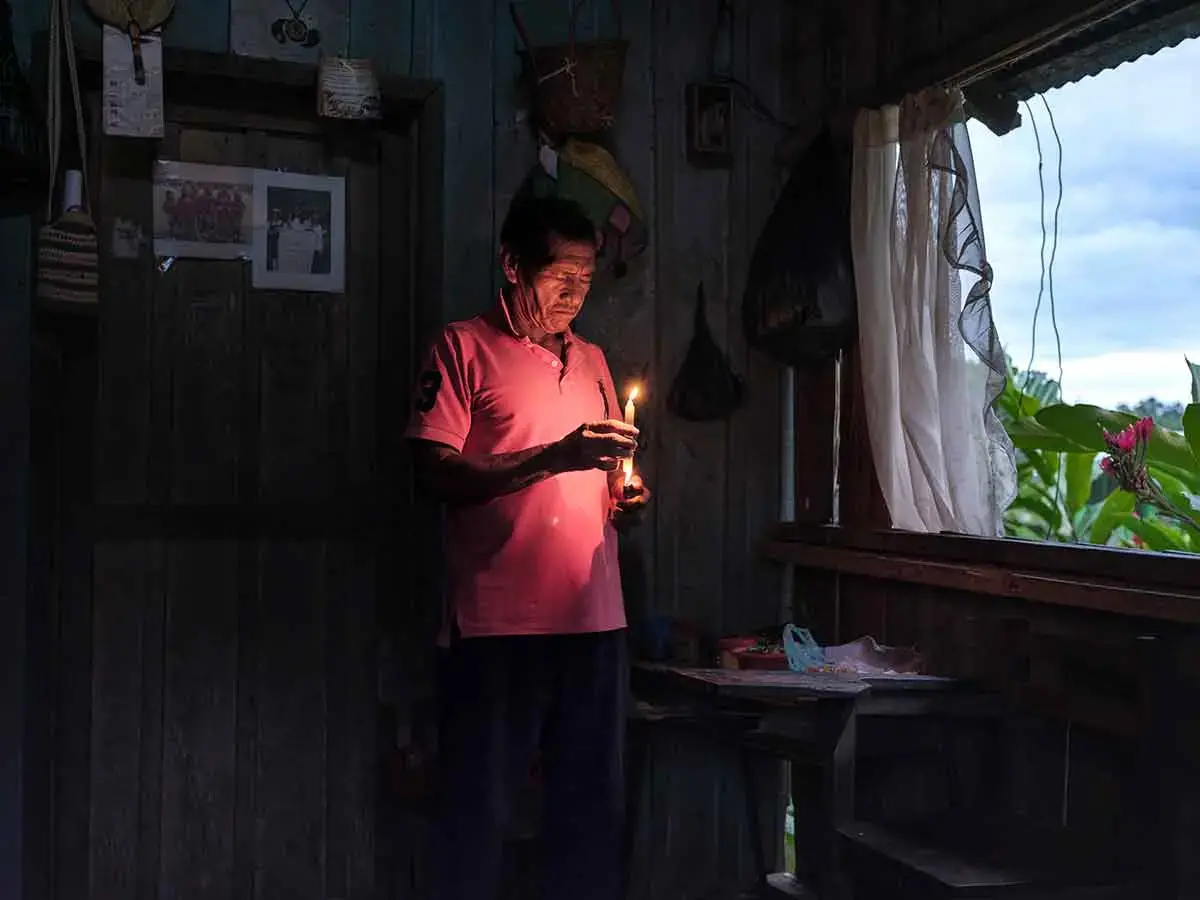Pulitzer Center Update May 31, 2024
Meet the First Cohort of StoryReach U.S. Fellows
Country:

Nine U.S. Fellows Will Focus on Local News Engagement
After decades of decline for U.S. newsrooms, reconnecting local newsrooms with their audiences has become an urgent priority for the industry. With the StoryReach U.S. Fellowship, we are investing resources in journalists and local news partners who value centering audiences in their editorial strategies. They are dedicated to finding creative ways to engage with readers beyond publication and outside of echo chambers and filter bubbles.
The nine Fellows and news partners chosen for the Pulitzer Center's inaugural StoryReach U.S. cohort represent a diverse mix of regions, backgrounds, journalistic formats, and experiences. They will spend a whole year reporting in-depth stories and exploring innovative engagement activities that expand the reach and impact of their reporting with audiences across the United States. Unlike other fellowships, we will begin identifying audiences and engagement strategies from the outset of the StoryReach Fellowship, ensuring that the people who most need to be reached can benefit from the published reporting.
This initiative responds to challenges faced by local and regional news outlets across the United States. It represents the Pulitzer Center’s commitment to staying at the forefront of the world’s most innovative and consequential reporting, with journalism and engagement as the key elements for mobilizing society.
This new reporting and engagement lab pairs freelance and staff reporters and local newsroom partners, from Mississippi to Alaska, who value collaboration and audience engagement as much as powerful enterprise reporting. Over the next year, we will provide an exploratory space for Fellows to innovate with peers and work closely with the Pulitzer Center team on high-impact projects that combine breakthrough reporting with effective public outreach.
The Fellows’ projects represent an eclectic range of local stories and perspectives. We expect many of their projects to resonate with larger national issues related to health, racial justice, climate change, and election transparency. We congratulate and welcome our 2024 StoryReach U.S. Fellows listed below (in alphabetical order):
- Jasmine Aguilera (global health, racial justice) El Tímpano
- Jenae Barnes (global health, racial justice) Capital B News Gary
- Aaron Falk (human rights, racial justice) The Salt Lake Tribune
- Paul Flahive (human rights) Texas Public Radio | National Public Radio
- Nathaniel Herz (fisheries) Northern Journal, APM Reports, Alaska Public Media
- Lorena O'Neil (global health, racial justice) Louisiana Illuminator | States Newsroom
- Ashton Pittman (human rights, democracy) Mississippi Free Press
- Marina Schauffler (global health) Maine Morning Star | States Newsroom
- Duy Linh Tu (fisheries, climate) WBUR Public Radio
Click here to meet the 2024 StoryReach U.S. Fellows!
Best,


Impact
Pulitzer Center grantee Alejandra Martinez and her team at The Texas Tribune uncovered air quality control problems neglected by public officials in the Houston-area community of Cloverleaf.
In what the Tribune called a “first” for its newsroom, reporters conducted public outreach with Spanish speakers in the community to maximize story reach. Reporters printed 500 flyers and 1,000 postcards in English and Spanish. They knocked on doors in neighborhoods affected by poor air quality and made stops at school pickup lines, churches, grocery stores, and laundromats to engage audiences that wouldn’t otherwise read the story.
A methodology report from Niemen Lab is available here. To read (or listen to) the Pulitzer Center-supported project Neglected and Exposed, click here.
Photo of the Week

This message first appeared in the May 31, 2024, edition of the Pulitzer Center's weekly newsletter. Subscribe today.
Click here to read the full newsletter.




